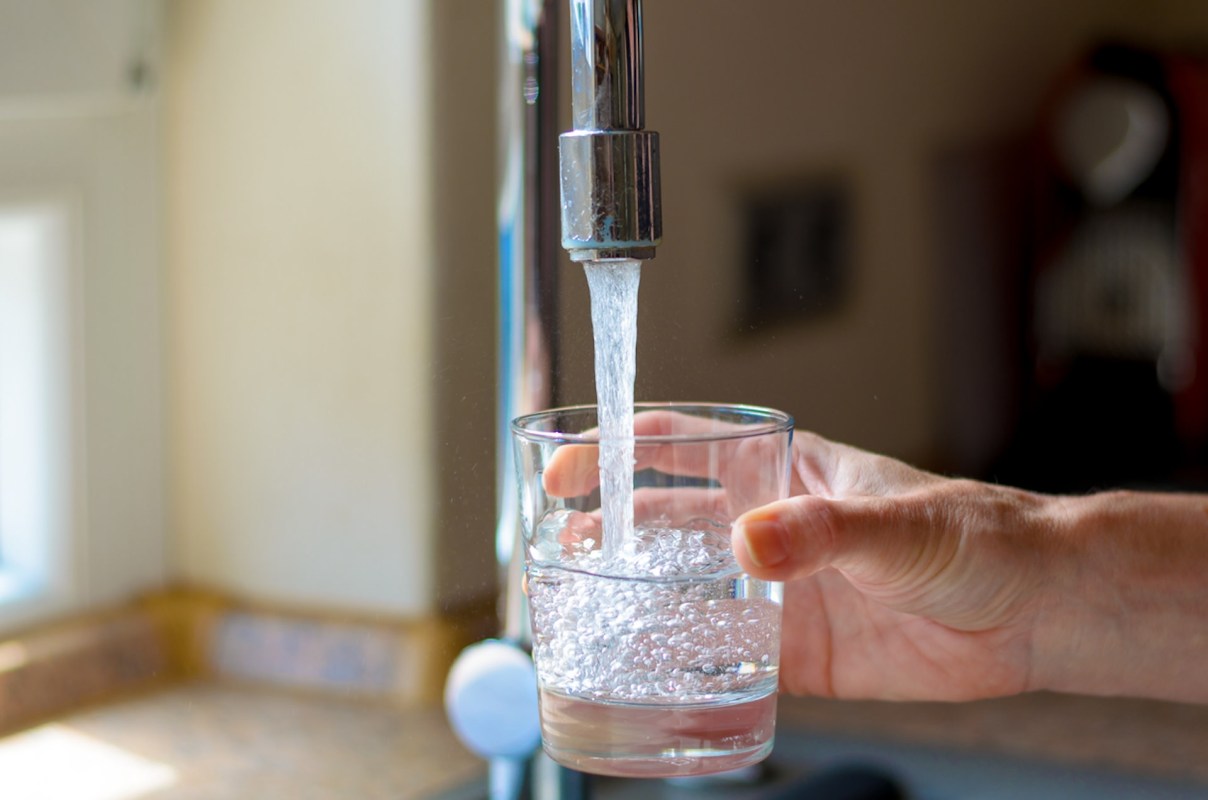As parts of the globe face the ongoing problem of water scarcity, a groundbreaking new device that turns hot air into drinking water could help alleviate the issue.
As explained by Tech Xplore, researchers from the University of Texas at Austin published their findings in the Proceedings of the National Academy of Sciences in September 2023, revealing that they "reached a significant breakthrough in their efforts to create drinkable water out of thin air: a molecularly engineered hydrogel that can create clean water using just the energy from sunlight."
The researchers successfully managed to pull water out of the atmosphere using solar energy in temperatures as low as 104 degrees, which is typical of summer weather in Texas and other parts of the world. Cities in the United States like Flint, Michigan, have faced the crisis of a lack of access to clean drinking water for quite some time. In Ethiopia, 60% of the population lacks basic access to clean water.
Tech Xplore noted that the device "can produce between 3.5 and 7 kilograms (0.91 and 1.82 gallons) of water per kilogram of gel materials, depending on humidity conditions."
In other words, a simple device can someday be placed outside the homes of people who live in areas with excess heat and produce drinkable water with no additional effort.
"With our new hydrogel, we're not just pulling water out of thin air. We're doing it extremely fast and without consuming too much energy," said Guihua Yu, a materials science and engineering professor in the Cockrell School of Engineering's Walker Department of Mechanical Engineering and Texas Materials Institute.
Yu continued: "What's really fascinating about our hydrogel is how it releases water. Think about a hot Texas summer—we could just use our temperatures' natural ups and downs, no need to crank up any heaters."
The hydrogel notably has the ability to be broken down into "microgels," which facilitate the speed and efficiency improvements necessary to bring the device closer to being a reality.
"By transforming the hydrogel into micro-sized particles, we can make the water capture and release ultrafast," said Weixin Guan, a graduate student in Yu's lab and one of the leaders of the research. "This offers a new, highly efficient type of sorbents that can significantly enhance the water production by multiple daily cycling."
The next step in turning the device into a commercial product is for the researchers to scale up production.
TCD Picks » Quince Spotlight
💡These best-sellers from Quince deliver affordable, sustainable luxury for all
Increasing the engineering of the microgels will further improve efficiency. The research team is also developing other versions of the device made out of organic materials, which would make mass production more affordable.
"We developed this device with the ultimate goal to be available to people around the world who need quick and consistent access to clean, drinkable water, particularly in those arid areas," said Yaxuan Zhao, a graduate student in Yu's lab.
Join our free newsletter for weekly updates on the coolest innovations improving our lives and saving our planet.













